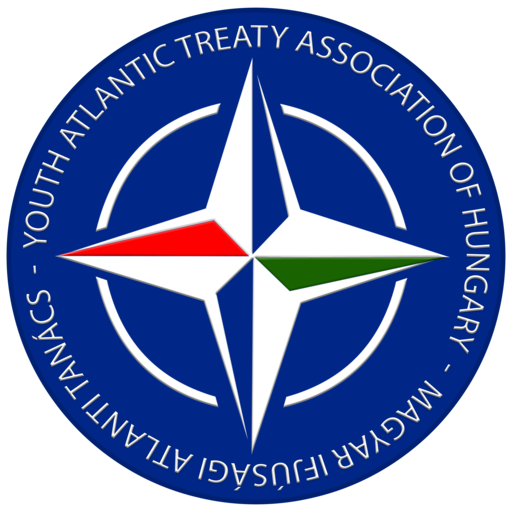Relations with Russia and China
The report begins with the NATO 2030 initiative, in which Stoltenberg underlines that a strong transatlantic bond is the cornerstone of our security and the only way to tackle great challenges, including Russia’s aggressive actions and the rise of China. Nowadays, we are facing new challenges – like cyber and hybrid threats – that increase global uncertainty. Russia and China have constantly tested NATO’s ability to defend and respond to these threats. Russia’s behaviour remains destabilising, and terrorism continues to represent a global security challenge, also a threat to stability, while the rise of China is shifting the global balance of power.
Russia
NATO is pursuing a dual-track approach towards Russia that is based on defence and dialogue. Since the end of the Cold War, NATO has worked to build a strategic partnership with Russia, developing dialogue and practical cooperation in areas of common interest. One of the milestones was the 1997 NATO-Russia Founding Act provided the formal basis for bilateral relations, or the 2002 creation of the NATO-Russia Council, established to serve as a forum for consultation and practical cooperation.
All practical cooperation with Russia has been suspended since 2014, in response to Russia’s illegal and illegitimate occupation of Crimea and aggressive actions in Ukraine. As Russia has continued its destabilising policies and provocative military activities near NATO’s borders, the Alliance has enhanced its deterrence and defence capabilities, while remained open to political and military dialogue with Moscow. Russia also has violated international law and norms by its conventional and hybrid operations. Besides, in 2020, the Alliance condemned the poisoning of Russian opposition leader Alexei Navalny.
Although Russia has constantly breached international law, NATO has remained open for dialogue to avoid further escalation. Consequently, the Alliance repeatedly invited Russia for discussion in the NATO-Russia Council, but Moscow did not accept the invitations. Due to the Russian rejection, there were no meetings of the NATO-Russia Council in 2020, but contacts between high-level officials have continued. Stoltenberg met for the first time with Russian Foreign Minister Sergey Lavrov to discuss issues like NATO-Russia relations, the situation in Ukraine, the need for transparency and risk reduction, arms control, and the peace process in Afghanistan. Military lines of communication between NATO and Russia have also been maintained.
As the disinformation is expected to continue to grow, NATO is incessantly working on building societal resilience to disinformation. Regarding this issue, NATO engages with Russian civil society and Russian media to counter disinformation. In 2020, NATO organized eight online seminars where the dialogues were conducted directly with the Russian audience.
Russia’s continued nuclear developments and its breach of the Intermediate-Range Nuclear Forces raise serious concerns and expand the risk of escalation in a crisis. The Alliance is determined in keeping its nuclear deterrent safe effective, thus in 2020, in response to the Russian growing nuclear arsenal, NATO agreed on a balanced package of political and military measures. In addition, NATO indicated Russia to re-implement the Conventional Armed Forces in Europe Treaty, and to uphold key conventional arms control agreements such as the Vienna Document and the Treaty on Open Skies.
China
The rise of China presents both opportunities and challenges for the Alliance by being an economic competitor and trade partner at the same time. The growing global influence of the authoritarian power requires the protection of the international rules-based order and the engagement with democracies that share the Alliance’s values to consult and address shared security issues. On that basis, NATO is deepening its relationships with close partners like Australia, Japan, South Korea and New Zealand, as well as reaching out to other like-minded nations.
The Alliance intends to maintain a platform for constructive dialogue with China that is based on mutual respect and shared interests. Consequently, in 2020, NATO continued to engage with China to enhance mutual understanding, eliminate misperceptions and discuss disagreements. In February, Stoltenberg met for the first time with the Chinese State Counsellor and Minister of Foreign Affairs Wang Yi. The discussion between NATO and China focused on nuclear issues, the Democratic People’s Republic of Korea, Afghanistan, cybersecurity and the COVID-19 pandemic.
Although China has also invested in its nuclear capabilities, they attended the 16th annual conference on Weapons of Mass Destruction, Arms Control, Disarmament and Non-proliferation where Stoltenberg stressed the importance of nuclear disarmament and outlined steps to achieve this goal.
As Secretary General Stoltenberg emphasized several times, Russia and China pose similar, and different threats to the Alliance. To reduce risk, increase transparency, predictability and stability, NATO remains open for dialogues with Russia and China.
